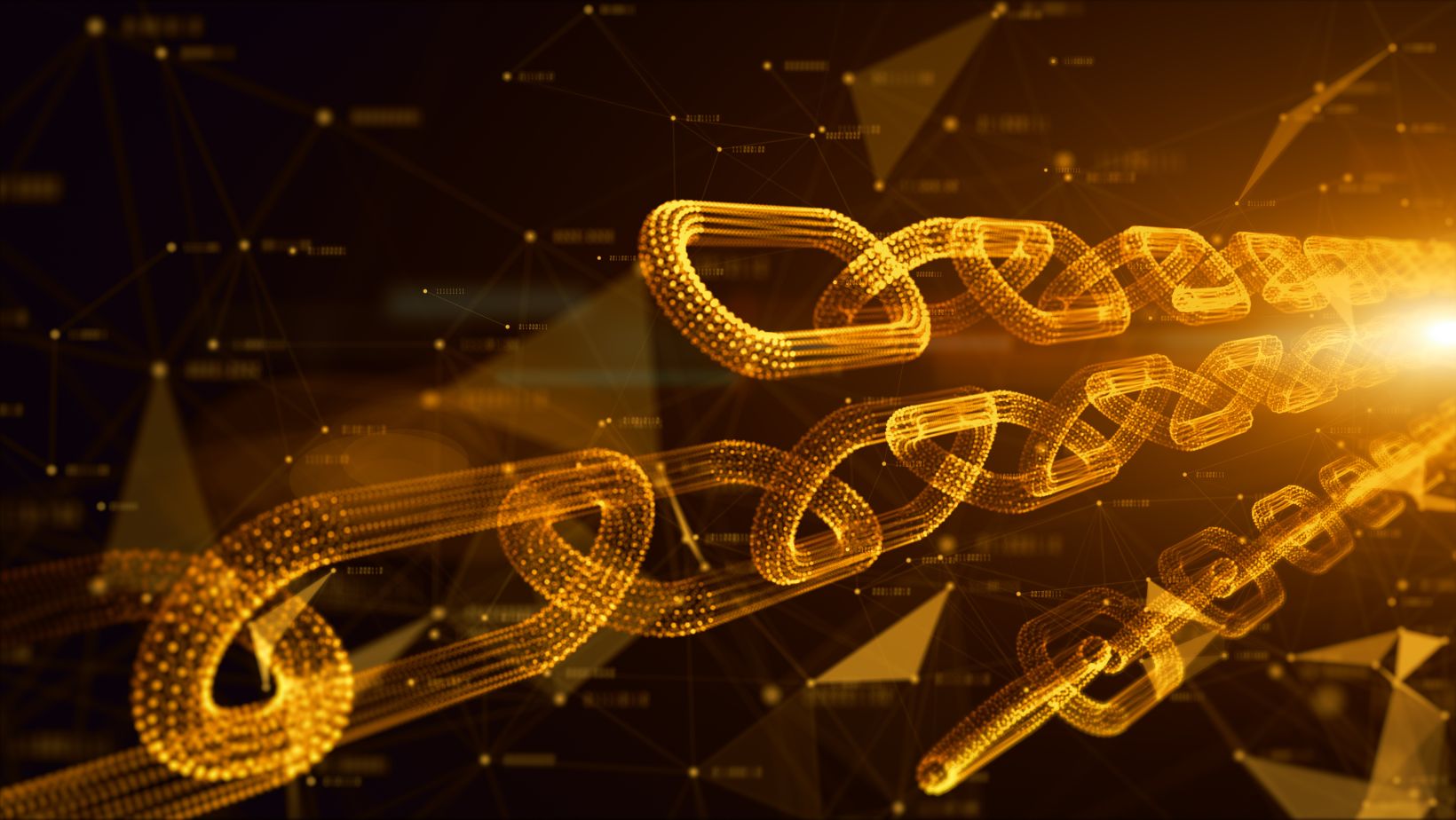Artificial Intelligence can potentially change finance and banking, two of the most critical industries in the world’s economy and development. By introducing models that learn based on endless data sets, AI can provide personalized services and products for customers, manage cybersecurity risks and fraud, and support transparency through compliance.
In addition, AI can drive the crypto sector into adoption, whether through merging with them or not. AI-based crypto projects are also rising in popularity, along with startups supporting AI expansion. For example, The RNDR token itself is based on the ERC-20 token standard developed on the Ethereum blockchain. However, the Render Network is currently in the process of migrating its platform and RNDR token to the Solana blockchain. Its primary use case includes processing 3D graphics and animations remotely, so creators don’t need expensive high-end GPUs. Basically, they outsource this service and pay with the native cryptocurrency, so the render price depends on its demand.
Render is only the beginning of AI technology’s integration with the cryptocurrency market, so let’s see what their future looks like.
How can AI innovate cryptocurrency?
Since cryptocurrency and blockchain are decentralized, third parties are not needed to support their development. However, they struggle to enter the real world due to several challenges. For example, Bitcoin mining requires a massive amount of energy to be efficient, which contributes to climate change.
On the other hand, scalability issues hinder blockchain innovation and security, while the complexity of these technologies makes it difficult for users to adopt them. That’s why Artificial Intelligence could be a considerable upgrade to the industry because it can:
- Ensure security and fraud detection. AI can detect and mitigate potentially fraudulent activities based on recognizing patterns in transaction data;
- Evaluate investment risks. Artificial Intelligence can automatically optimize portfolio movements based on upcoming risks, lowering the chances of significant losses;
- Analyze market trends. Machine learning algorithms can help investors navigate the fluctuating market dynamics based on vast datasets;
What Are The Challenges Of Ai In Crypto?
AI and crypto are newly implemented technologies, so the lack of regulation makes them difficult to follow. This has many ethical and social implications, especially in AI’s case, because algorithms are prone to bias, meaning they might favor certain information and automate activities based on training data biases.
Some algorithms might even reproduce or intensify existing biases, so the information quality depends solely on the data provided, which cannot be easily controlled. AI must be fair and effective, but errors in its design can impede that.
However, there’s more to it than bias. AI has its technical limitations, and its models require a lot of computational power and data due to the sophisticated resource-intensive models. Moreover, the lack of current compliance on the matter challenges consumer protection and data privacy.
3 Core Principles AI Regulation Should Tackle
Artificial Intelligence should be regulated globally because its capabilities can be more or less useful even in decentralized networks. The risks of black box AI with impenetrable systems include lack of transparency, flexibility, and security, so we need to reach an explainable or white box AI.
The World Economic Forum proposes three principles for AI regulation governments should consider:
- Traceability, so AI applications and interactions can be verified;
- Testability, so we could figure out how pre-specified datasets influence outcomes;
- Liability, so penalties and cheating are discouraged;
Despite these guidelines, regulating AI will be challenging otherwise, so more systems should be implemented to navigate failures and upgrade such principles and technologies. Special regulation for the type of input used in AI is also necessary because the public web leads to considerable biases in AI.
What’s The Role Of AI Cryptocurrencies In This?
AI-based cryptocurrencies have also grown in popularity recently, facilitating transactions and governance at the intersection of blockchain and AI. Crypto AI tokens provide benefits such as the following:
- Enhance security by detecting potential vulnerabilities in blockchain;
- Better scalability by managing the increasing number of transactions on networks;
- Improved user experience through automating trading and enhancing transactions;
Render is one of the latest and most innovative cryptocurrencies whose GPU rendering services facilitate P2P AI services. Other growing projects, like Bittensor, employ decentralized protocols for AI transparency, while Fetch.ai supports secure and scalable AI services.
While cryptocurrencies have limited use cases and benefits in AI at the moment, their implications can bridge the gaps between the world’s technological developments. Advanced AI algorithms might benefit from cryptocurrencies’ immutability, decentralization, and traceability, so their future together might pave the way for further technological discoveries.
Should AI Crypto Projects Prioritize Security More?
Cybersecurity is a never-ending subject when it comes to crypto and AI because illicit actors intensify their attack knowledge and are able to craft more sophisticated attacks than ever. As the technology we use in our daily lives improves, so do attacks, and AI-based crypto businesses should prepare for a new era of cyberattacks.
That’s because digitization speeds up, and cybersecurity is barely keeping up. At the same time, there’s a continuous increase in cyber-attacks affecting the world’s digital infrastructure. Unfortunately, many of these attacks are tied to world events, so their frequency can be determined by what happens in the real world, which cannot be controlled or navigated easily.
Finally, the lack of resilience and digital literacy makes it difficult for companies to recruit the right people with skills in cyber security. The post-pandemic workforce requires better preparation for cybersecurity issues since employees can become channels for phishing, scams, and malware to reach companies more easily. Data breaches and the loss of sensitive information can cause unauthorized access to data and systems, whether mistakenly or not.
What Do You Think About AI In Crypto?
The cryptocurrency industry has seen massive interest from worldwide investors, especially since banking systems fail customers and the world’s financial state is getting more concerned. On the other hand, artificial Intelligence paves the way towards worldwide innovation through automatization and high efficiency.
Together, AI crypto projects can change the system and provide high-security networks powered by fast and cheap transactions anywhere in the world. However, the lack of regulation in both sectors hinders their development, including traceability, testability, and liability.



























